For those of you who don’t know me, my name is Ainsley Bounds and I was a sophomore at Township last year. I wrote for The Township Times my freshman and sophomore years, but I am now studying abroad with an international movement called United World Colleges at the campus in Phuket, Thailand. Even though I am far away physically, I still feel very connected to home, and as one of the four Americans at the school, I have the opportunity to represent my home country. As I was preparing for my travels back in Lancaster, I struggled to figure out what my “culture” was that I would be bringing to this new school. I was nervous about how people would perceive me as an American because of political tensions that are present in our country right now and the controversial opinions of our president. So far, I have not only had to grapple with the question of who I am culturally as an American (white, blonde hair, green eyes – your stereotypical white, American teenage girl) but also how can I represent my country in a time when I don’t agree with all of the things happening in it politically. While I am still navigating that challenge, I think that my sense of who Americans are, or at least how I perceive us to be, has strongly developed.
Previously back in the Township halls, I never would have considered what it means to be American, as most people surrounding me were American too. I didn’t have to worry about a cultural identity defining me and I was much more concerned with my identity as a person: my sports, my clubs, my friends etc. It’s only during patriotic holidays, like the Fourth of July, or during important days, like 9/11, that most people really let out their American spirit and feel a strong cultural connection to the country itself. At other times, this sense of patriotism is sometimes viewed as excessive or too much. When you think of the stereotypical bald eagle and bright red, white and blue right in your face, it can be a lot. Likewise, there are many American stereotypes, let me tell you. For example, homecoming is “so American” as many of my new friends here have said, and when I tell people about the Friday night football games that I used to go to, I have to explain that they were American football games not actual football (as in soccer) games.
Moving abroad, I had to navigate how I wanted to express my connection to my country. I didn’t want to come off as a crazy patriotic American, but I also wanted to show that I was proud of where I came from. That left me questioning: how could I find that balance? What was important to me about American culture that I wanted to showcase to the people around me? What I ended up realizing is that part of the beauty of America is that it is such a diverse country, in its landscape, people, culture, etc. We have beaches and forests and mountains and deserts. People can walk into Lancaster City and get Indian food, Chinese, Thai, Mexican, Italian or your classic American burgers and fries. There isn’t just one strict and static American culture. Even so, things like block parties, homecoming traditions, football games and country music can be found throughout all the different states that create important cultural aspects that are unique to Americans. Those things are what have been important for me to express to people when I want to showcase my culture and how that has shaped who I am. They are what I chose to focus on rather than the politics of the country and the polarity that surrounds it- even though that is also important to address.
On my first day on campus, I had someone ask me where I was from. I answered, telling them that I was from the U.S., and they responded by saying, “Isn’t it not the best place to live at the moment?” I was very taken aback by this comment and was surprised that this could be someone’s perspective on where I called my home. I still don’t know if that person had based that assumption on their view on the political leadership of America at the moment or if it was just something they thought, but regardless, it caught me off guard. More recently, following the Evergreen High School shooting and the Charlie Kirk shooting, I had people asking me if I had felt safe at my school back when I was going to high school. Especially following those events that were so heavily covered in the media, I had to reflect on how I could proudly represent my country when, to some people, it looked like it was divided and, in a sense, falling apart. I didn’t know how to be proud of where I had come from when things like school shootings and political violence were becoming more normalized as something, as horrible and unacceptable as these events are, that happens semi-frequently.
Similarly, the school that I am at is majorly liberal as it is focused on building sustainable peace throughout the world. As a result of this, many of my peers do not agree with the beliefs and actions of Donald Trump and are very critical of him. A country’s political situation and leadership is often strongly tied with the perception of people from that country, intentional or not. So, as an American, to some extent in an international setting, I become associated with the political environment of the U.S., even when it may not be something that I am proud of. This is difficult as you don’t want to “dis” your country by criticizing what is happening politically, but you also don’t want to be tied to or associated with things that you may not agree with. In a similar way, it’s difficult to know when to defend yourself and your country when others are being critical of it or making jokes about it. Sometimes you may agree with the criticism, but there are also times where it reaches a point where things are rude or may make you uncomfortable. There is a line, and what I have realized is that it is important to figure out where your line is and where your boundaries are. It is not an easy thing to do, and while in my first two months here it’s something that I have improved upon, new situations continue to arise that challenge my perspective on what it means to be American in an international environment, both politically and culturally.
Back home, I never had to deeply reflect on political tensions or the question of what my culture was as an American. Things like political tensions and controversies, while talked about in friend groups or by adults, we as teenagers are rarely forced to acknowledge them. The lack of pressure to acknowledge and talk about what is happening in our country and how that is affecting us, but also the world, leaves us with a sense of unaccountability. It is too often forgotten that we, teenagers and students, are the future and will some day take control of the government, the work force, the blue collar and white collar jobs, etc. How can we be expected to make the world a better place, to advocate for what is right, to create peace, if we don’t even recognize that those things need to be done?
Part of the problem is this lack of accountability for what is happening in our politics and in our country. We often feel that because we are young, we have little say in what happens to us. It’s not our responsibility. We don’t need to worry about it. That’s not true. Teenagers and students have a voice and we should use our voices to talk to one another, to work towards changing things that need to be changed and advocating for movements that are important to us, whatever they might be.
The other part of the problem is easy enough to identify: the polarity of our politics. It’s everywhere nowadays. Heated debates whenever something political gets mentioned, political violence, even the government shutdown; all examples of polarity and closed minds. I recognize that I have a very positive outlook on many things and that often things are easier said than done, but it shouldn’t be that hard to have an open mind and–even if you are unwilling to change your views–to at least allow other people to share theirs. Politics are rarely talked about anymore in school and more casual settings for the fear that it will become a screaming match rather than a conversation. Nowadays, it feels more and more like people who are Democrats are Democrats and people who are Republicans are Republicans and there is no in between or middle ground. The amount of people who identify as “moderate” has fallen by over 9% since 1992. People have become so divided by politics that they are willing to commit acts of violence against the opposing side. The acts of violence and the polarization of politics have both been drastically increasing in recent years. To me, it is unthinkable and unimaginable that someone would be willing to kill people just because they disagree with their political views or they don’t like what they stand for.
Perspectives, beliefs and values are all important to our identity and are things that should be held close at heart. That doesn’t mean that we can’t listen to people who may have different or opposing viewpoints and in fact, we should, we need to. Even if you don’t agree with someone who has an opposing belief or idea, try and understand their perspective. Be open-minded because you might be surprised what you can gain from an open and vulnerable conversation rather than an argument. Don’t be afraid to have hard conversations and by having them more often, they will become less hard. You don’t have to change your opinion. You don’t have to be defensive. Just listen. Explain why you feel the way you feel and let the other person do the same. Learn to agree to disagree and to be okay with that. At the end of the day, most people just want what is best for everyone, and they want to be happy and healthy. Even if we go about achieving those things in different ways, we all want the same thing. We need to stop seeing people who think and believe differently as the enemy or an opponent, and recognize that we are all just people. Be a little kinder, spread a little love and just have an open mind, please.


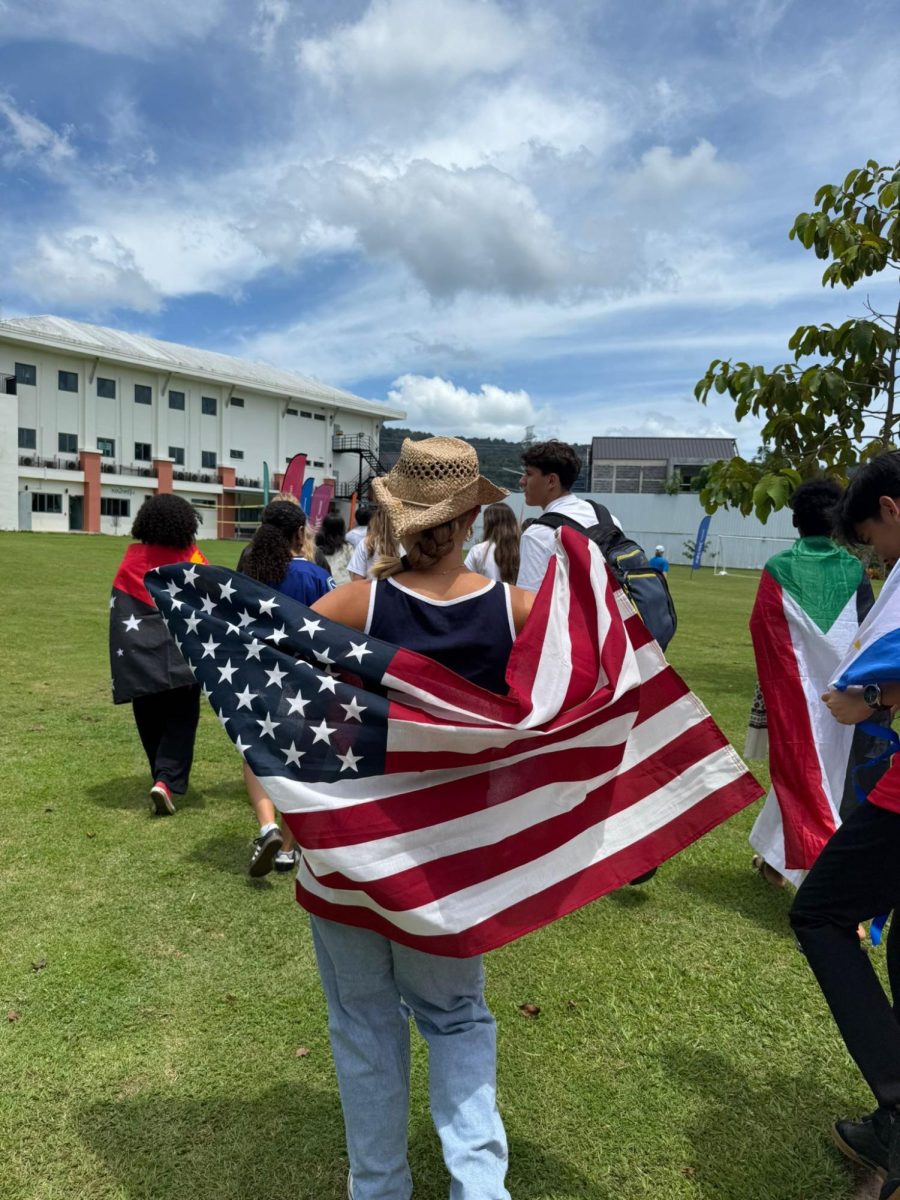
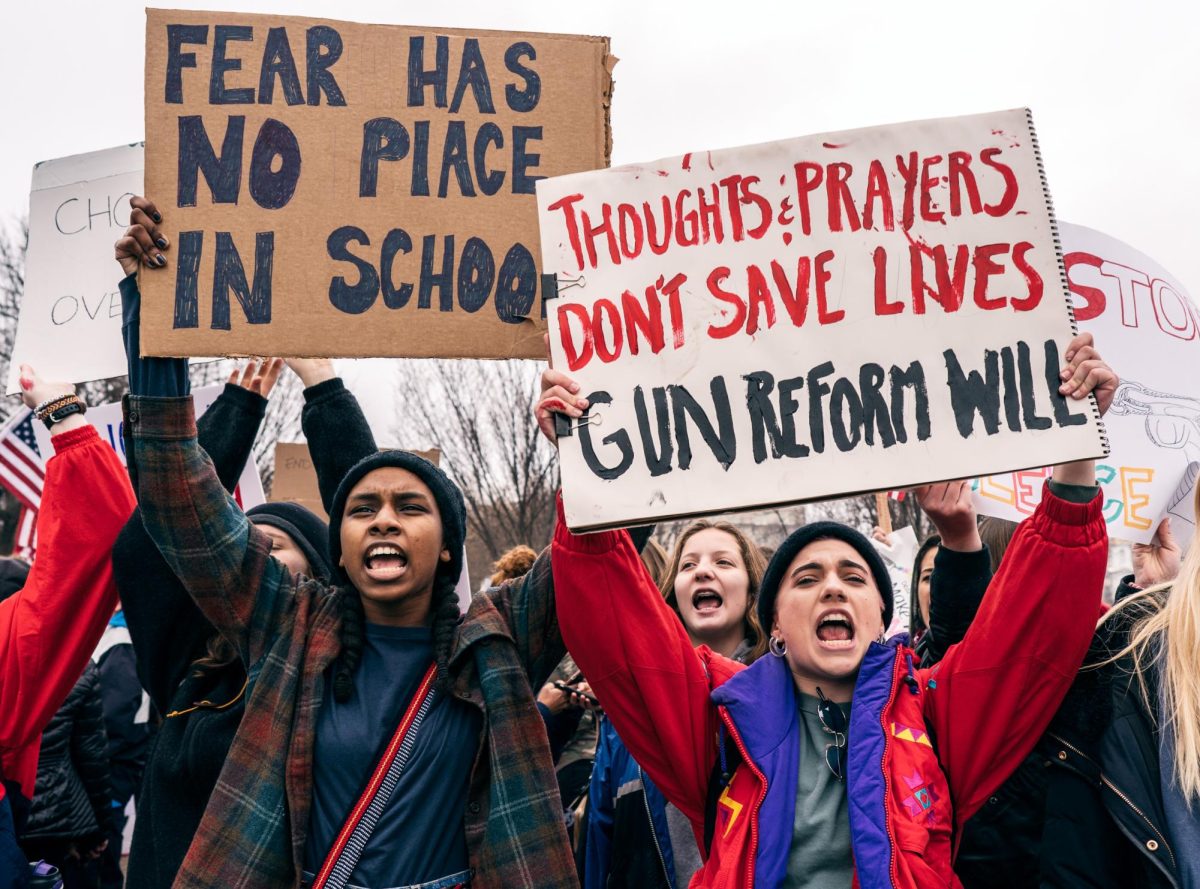
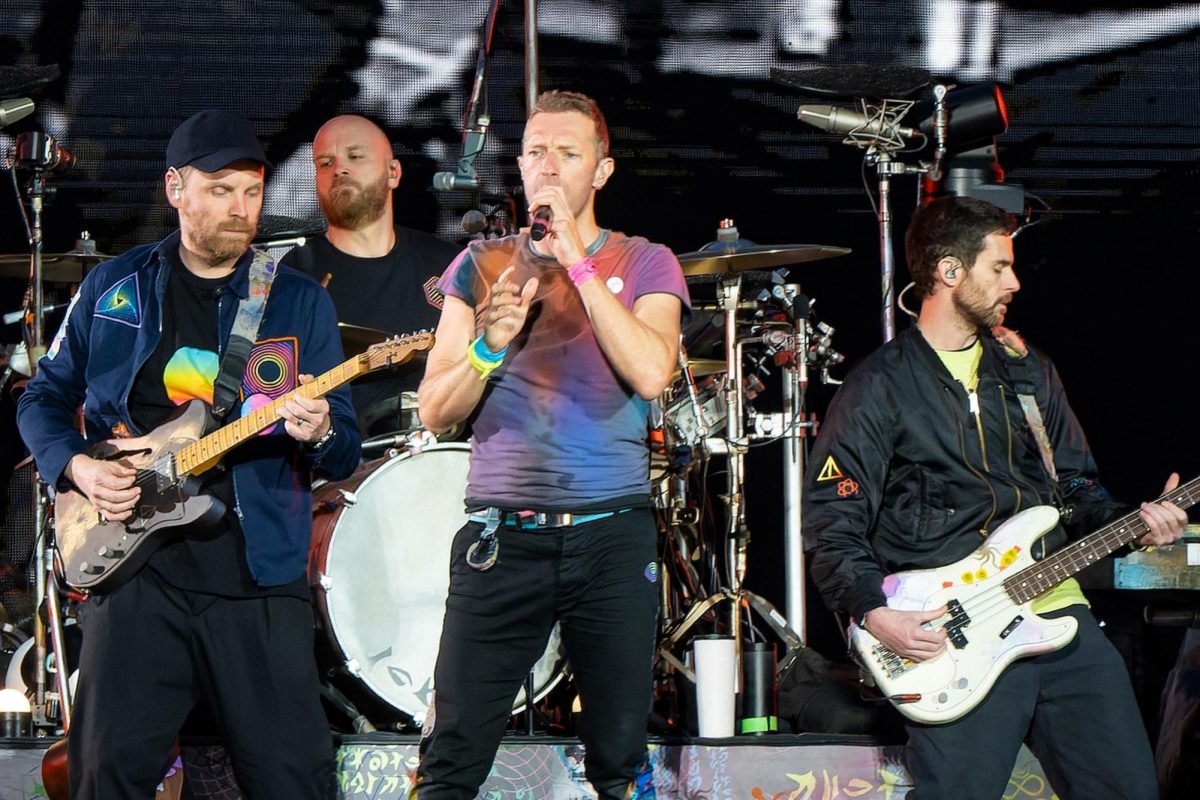
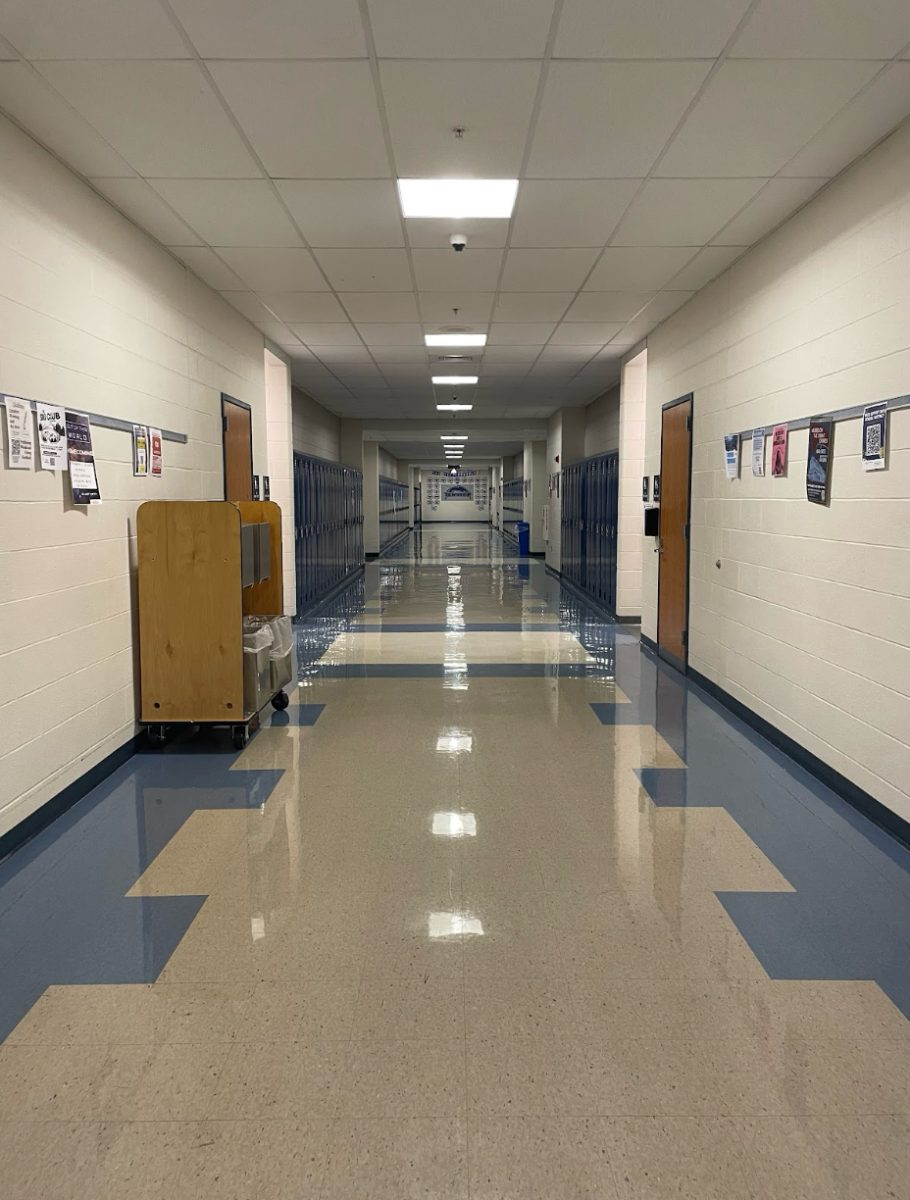
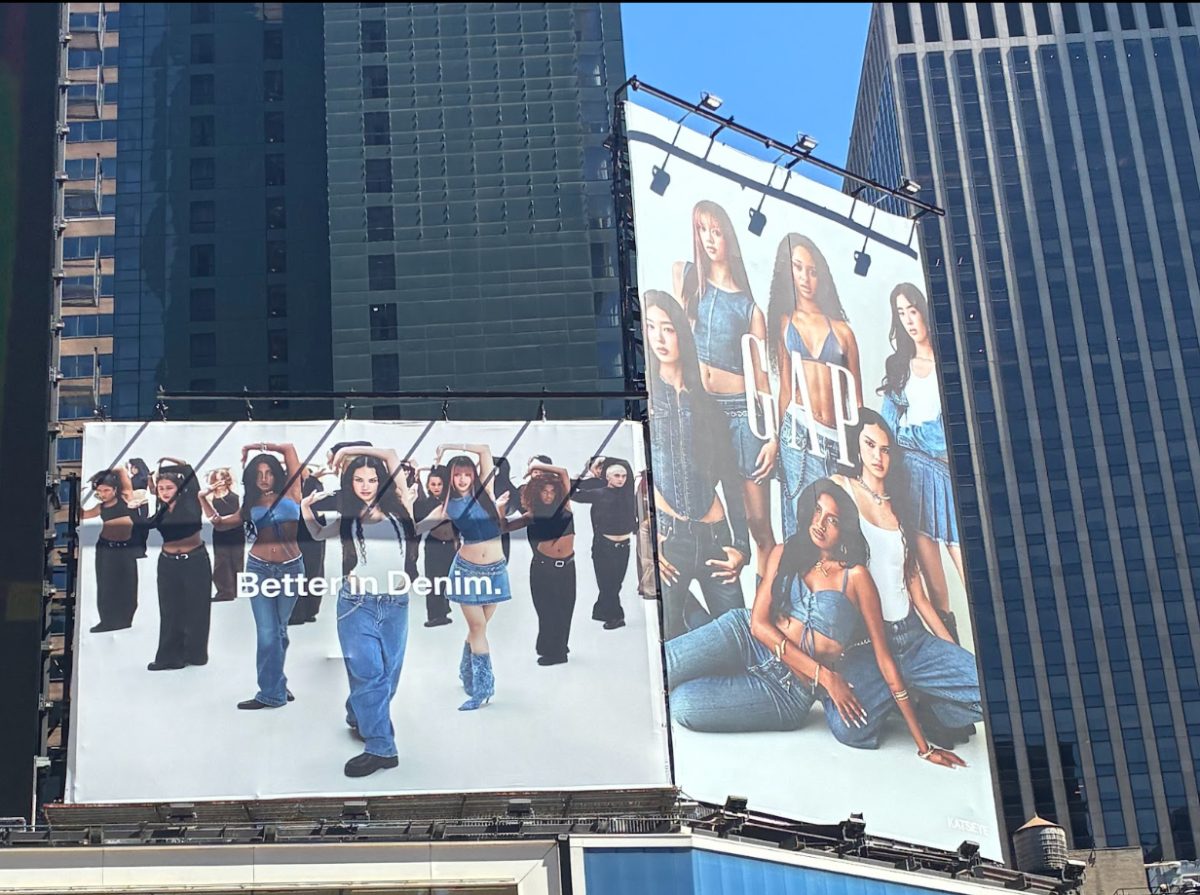
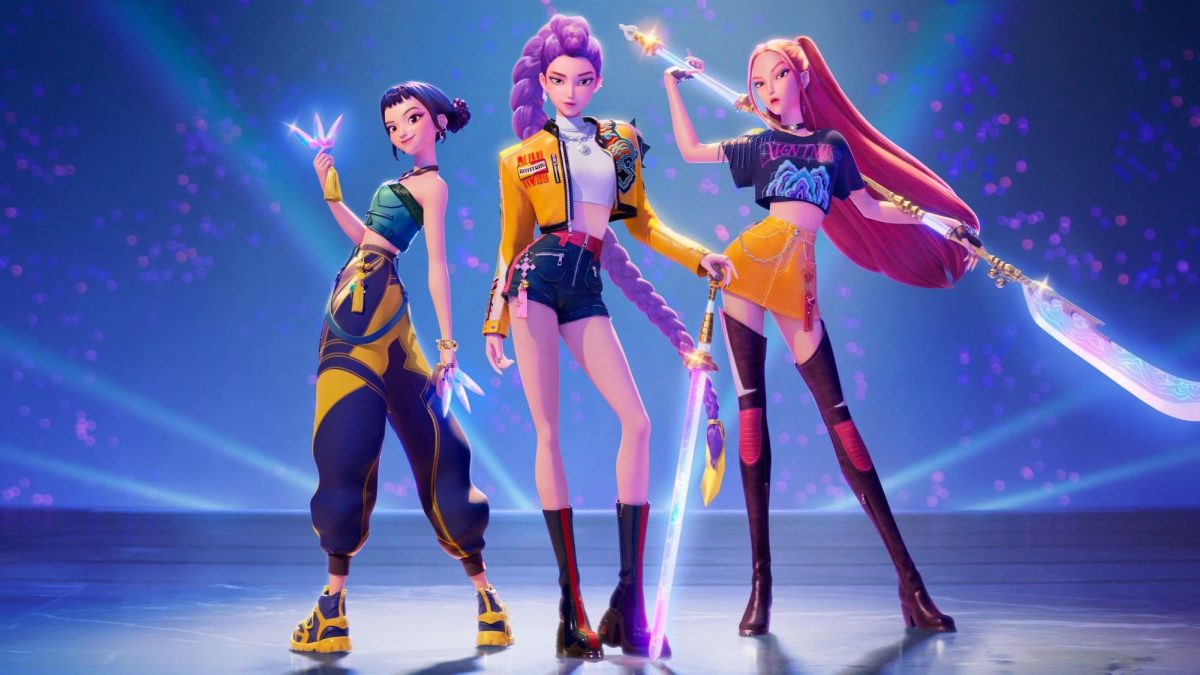
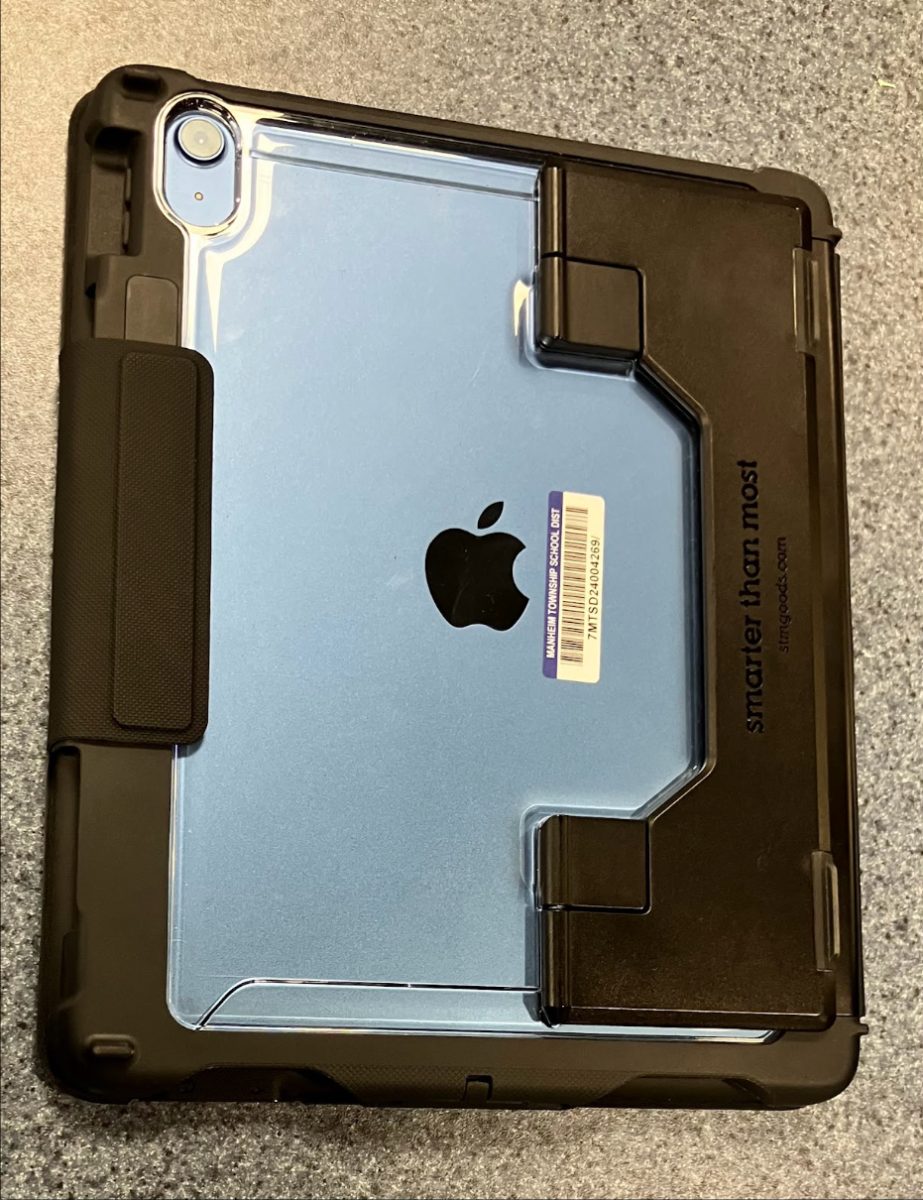
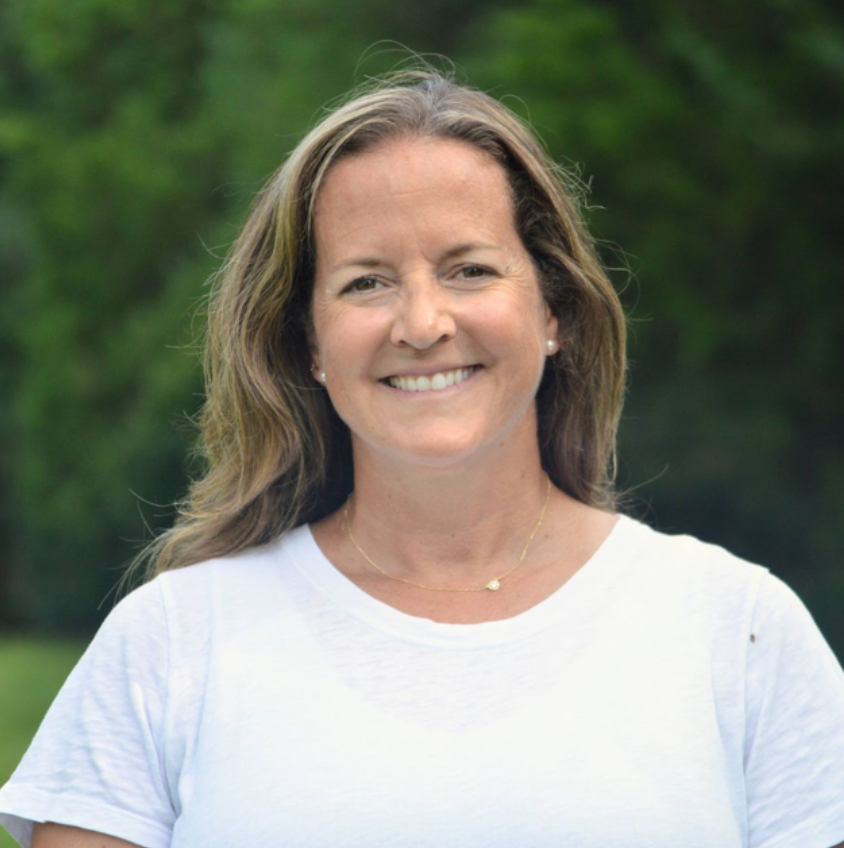

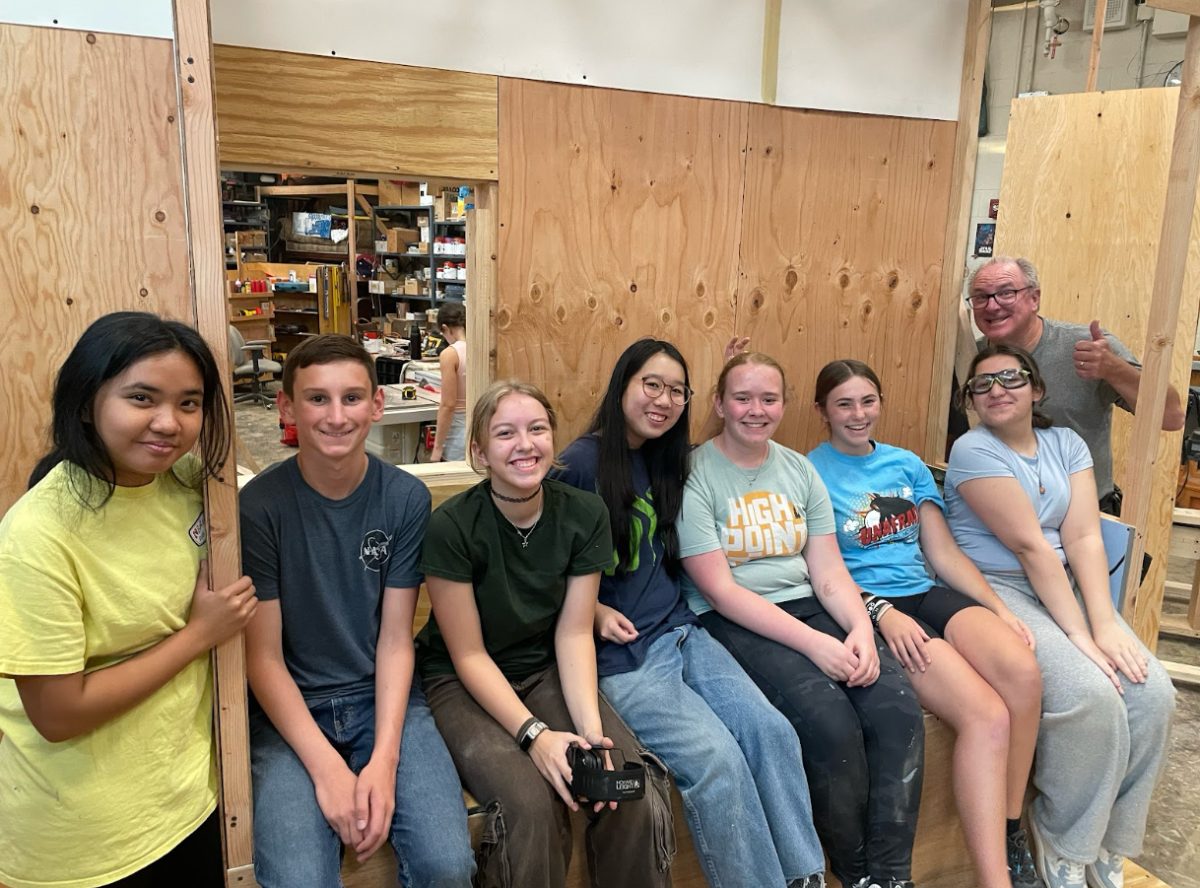
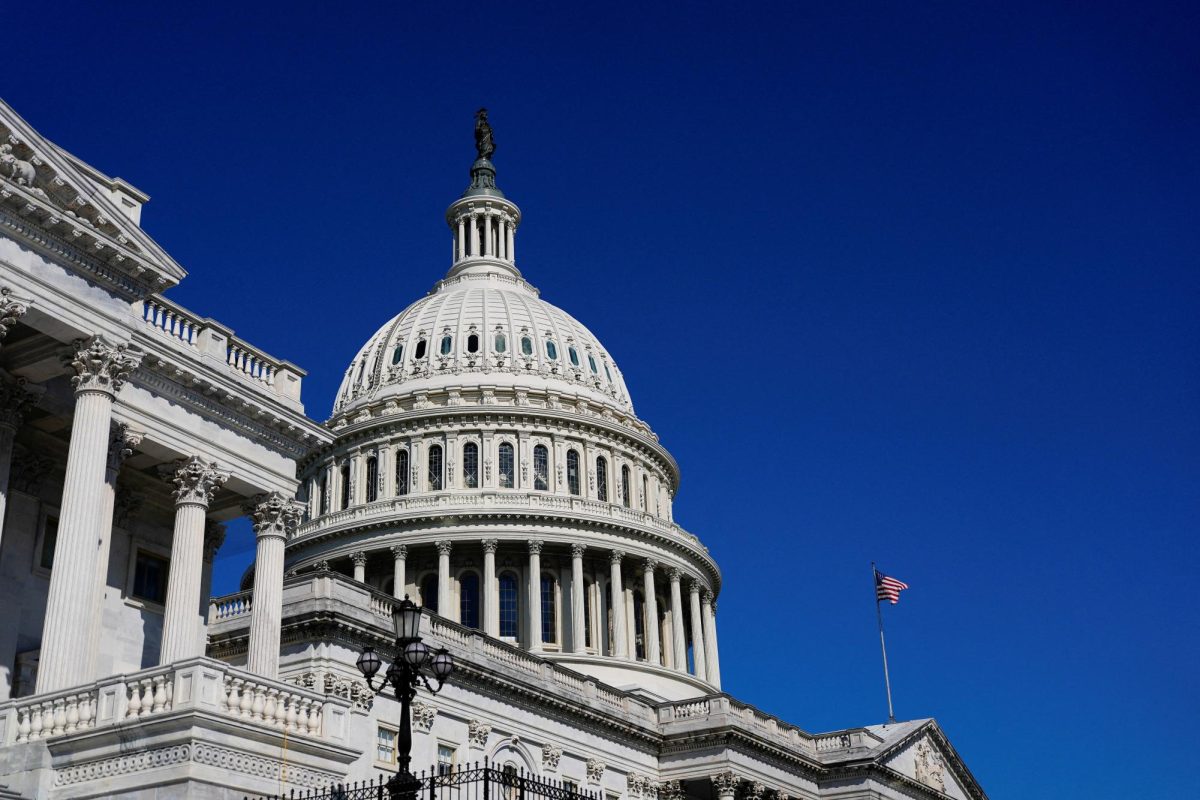


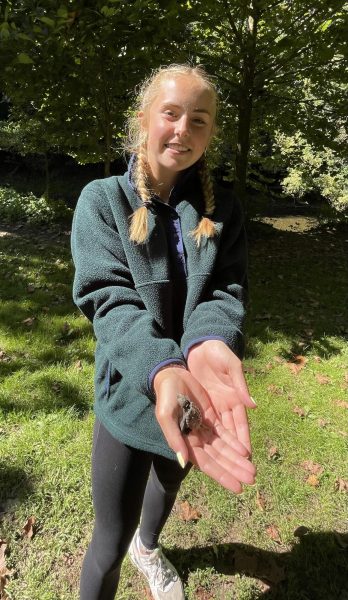
Siyana Georgieva • Oct 21, 2025 at 10:19 am
Great article Ainsley!!